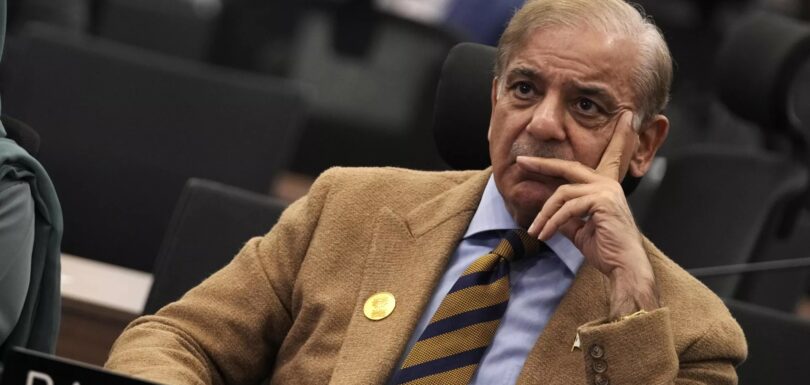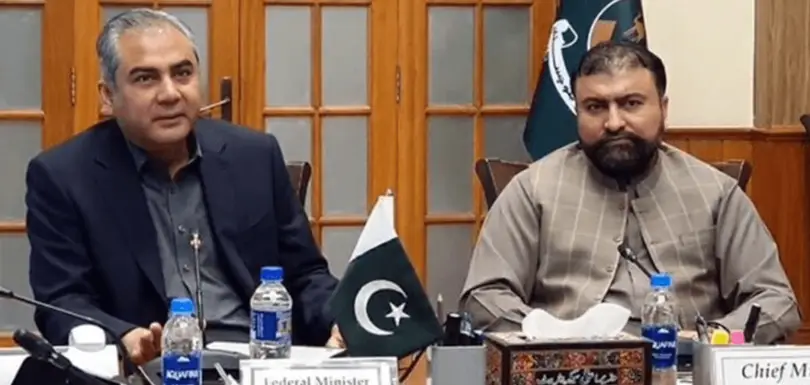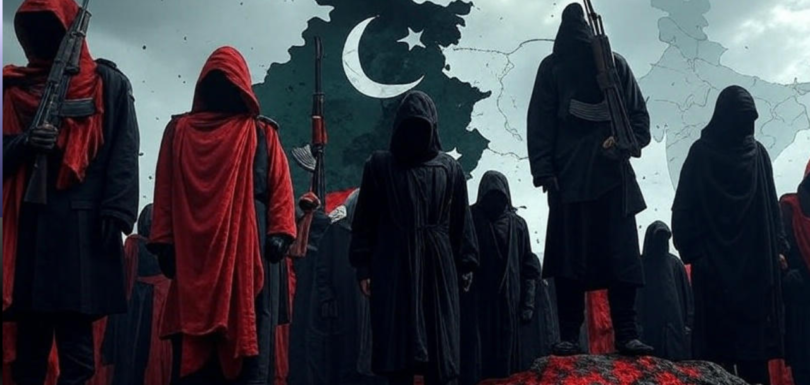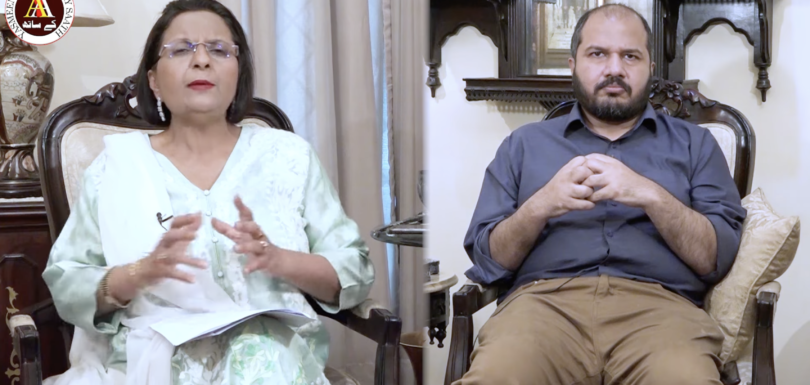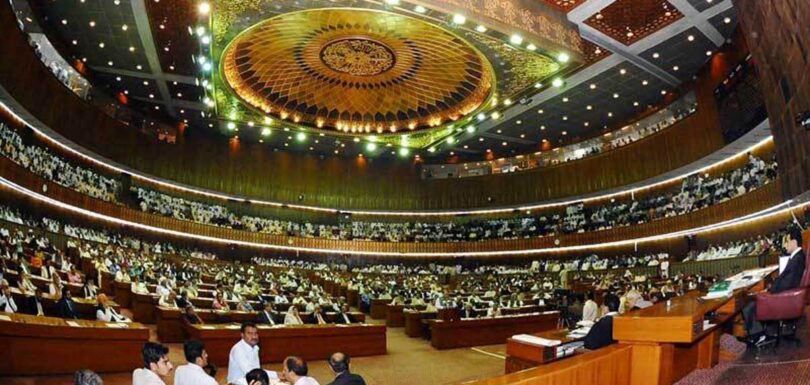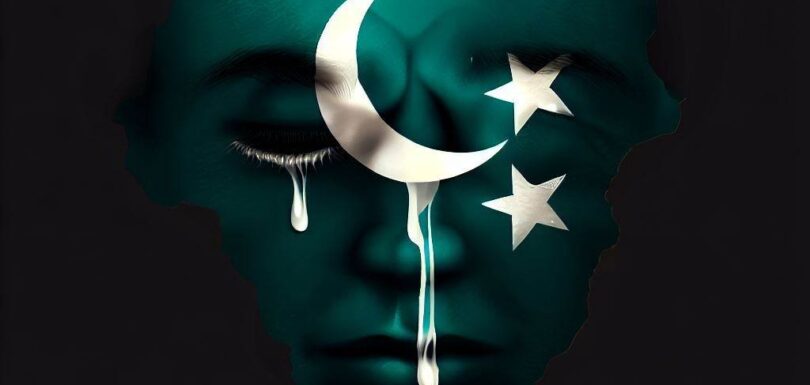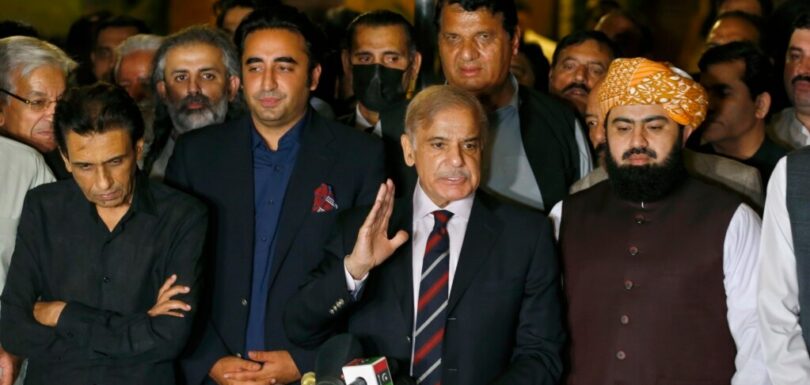Pakistan’s Central Asian Dream: What’s Standing in the Way of Its Ambitions?
The primary reason on the list of issues is security. With the Tehreek-e-Taliban Pakistan (TTP*), Islamic State Khorasan Province (ISKP*), and the Balochistan Liberation Army (BLA* attacking Pakistan's security forces at will, it will keep any investor from bringing business to the country, Syed Khalid Muhammad, founder and executive director of CommandEleven, a foreign policy and national security think tank based in Islamabad, pointed out.

